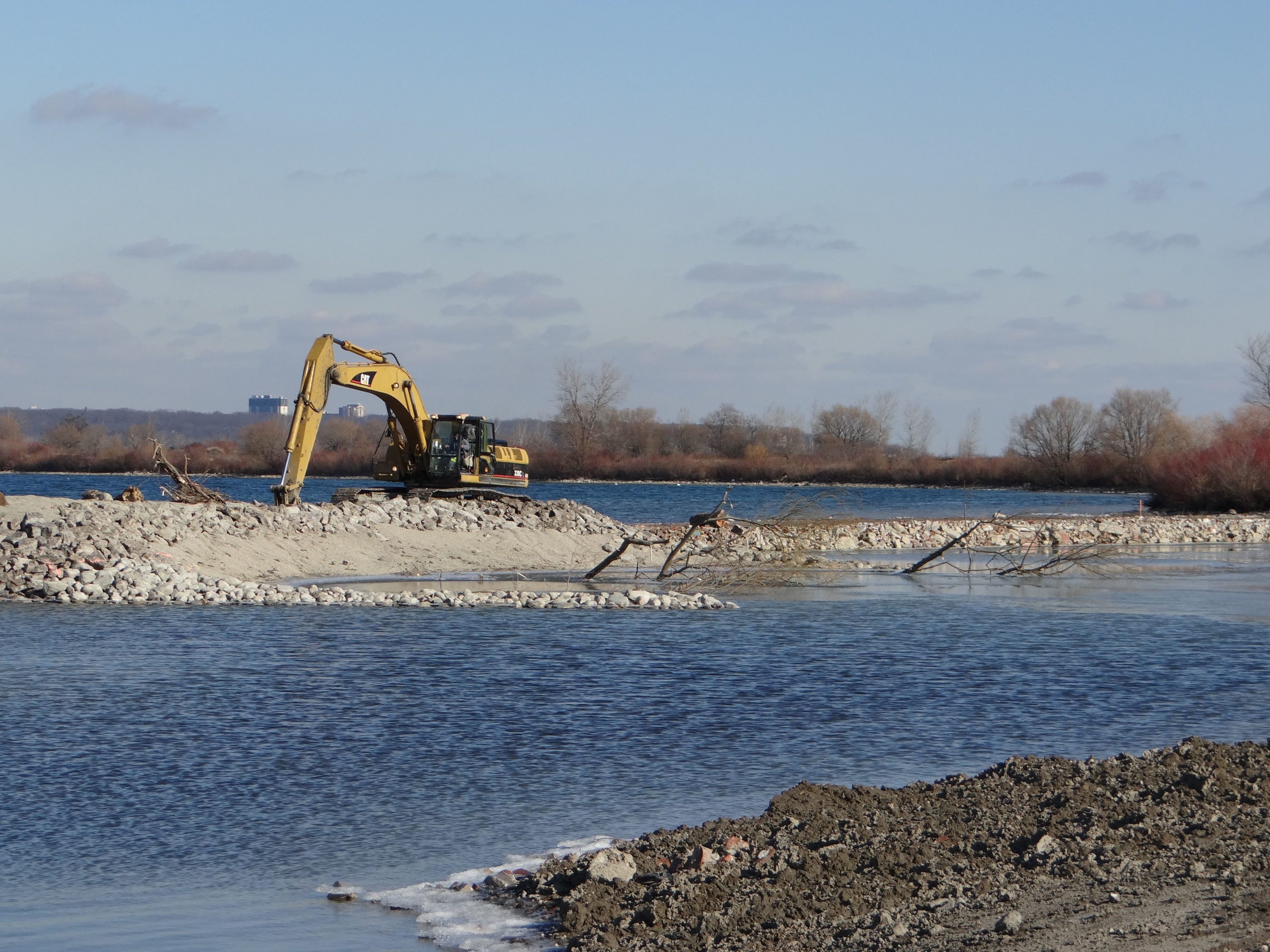According to a study released today by the International Association for Great Lakes Research (IAGLR), decades of cleanup efforts and collaborative planning have turned Toronto’s waterfront around, resulting in significant ecological and economic benefits.
Designated as one of the Great Lakes’ most polluted spots, the harbour has been the target of restoration efforts under the Toronto and Region Remedial Action Plan (RAP) since 1985. Pollution control efforts, such as stormwater and combined sewer overflow management, and habitat restoration have been key priorities. These efforts are making a positive difference, including improvements in water and sediment quality, as well as the amount and condition of terrestrial and aquatic habitats.
“The RAP and its partners have been working in a complementary and reinforcing fashion to restore and sustain a vibrant ecosystem that provides numerous environmental, social, and economic benefits to local communities and visitors alike,” said Valerie Francella, RAP Project Manager for Toronto and Region Conservation Authority (TRCA). “Without the cleanup of Toronto Harbour, the revitalization of the waterfront would not have been possible.”
In 2000, when efforts began in earnest to revitalize the Toronto waterfront, the stakeholders quickly realized the need to incorporate environmental restoration and health into development decisions. This coordinated approach led to significant economic benefits, including $4.1 billion in output to the Canadian economy, approximately $848 million in tax revenues, and about 14,100 years of employment.
Such economic data, along with environmental and ecological data, demonstrate the importance of sustaining efforts to clean up Great Lakes Areas of Concern, said IAGLR.
The Toronto & Region AOC case study is part of a larger project to evaluate achievements and lessons learned from 32 years of efforts to clean up Great Lakes AOCs. The case study will become part of a user-friendly publication prepared for a broad range of stakeholders to help sustain support for cleaning up AOCs and to inspire and motivate others to restore other degraded aquatic ecosystems.
Funding was provided by the Fred A. and Barbara M. Erb Family Foundation to IAGLR. The Erb Family Foundation is a philanthropic organization that nurtures environmentally healthy and culturally vibrant communities in metro Detroit and supports initiatives to restore the Great Lakes ecosystem.









